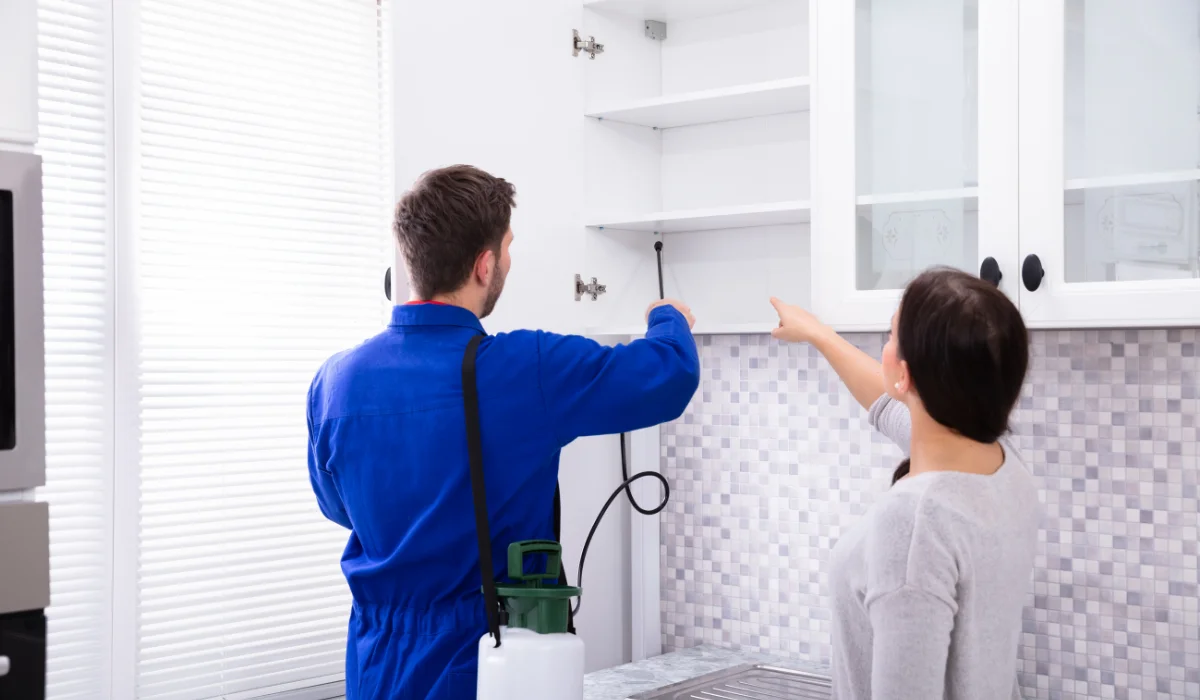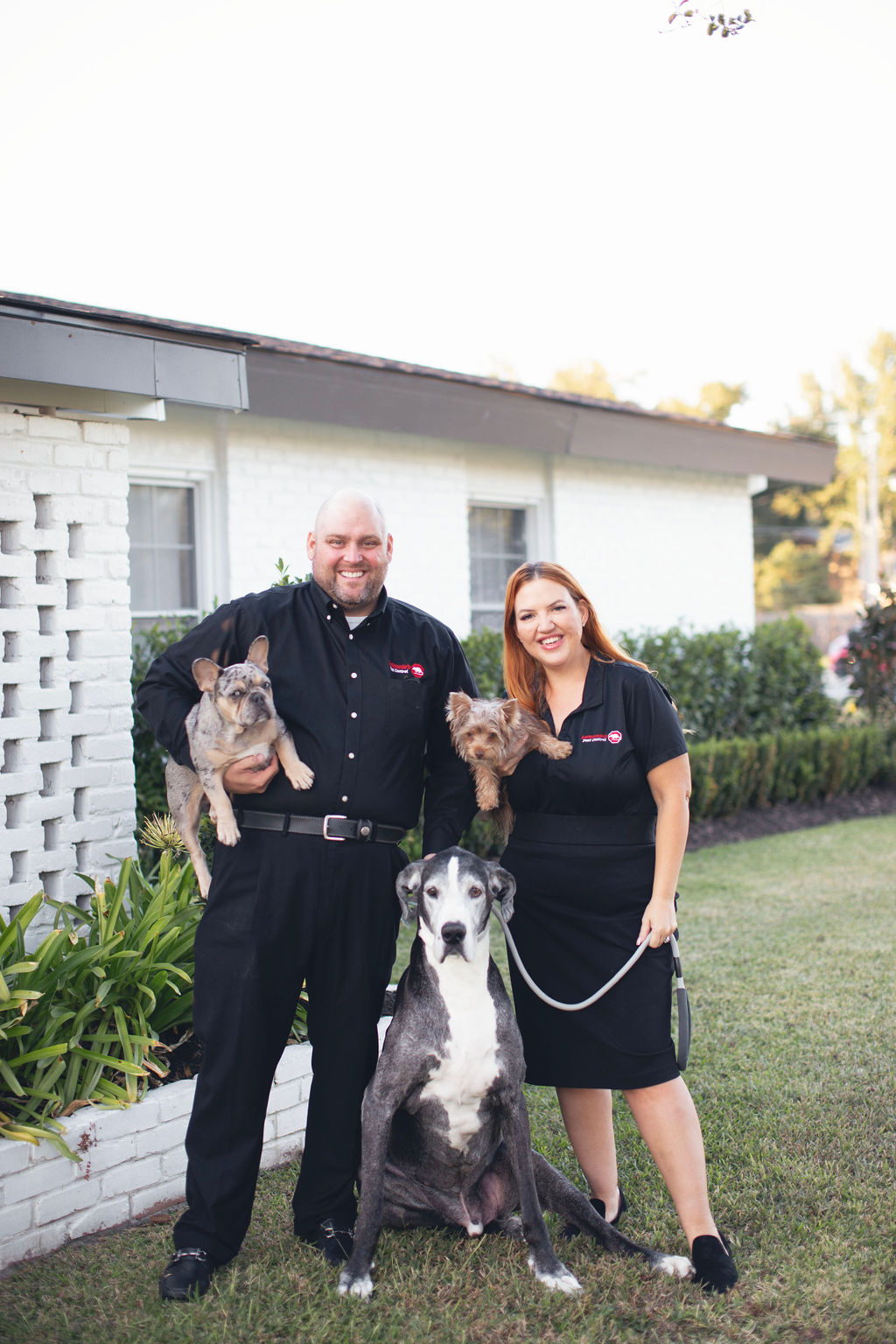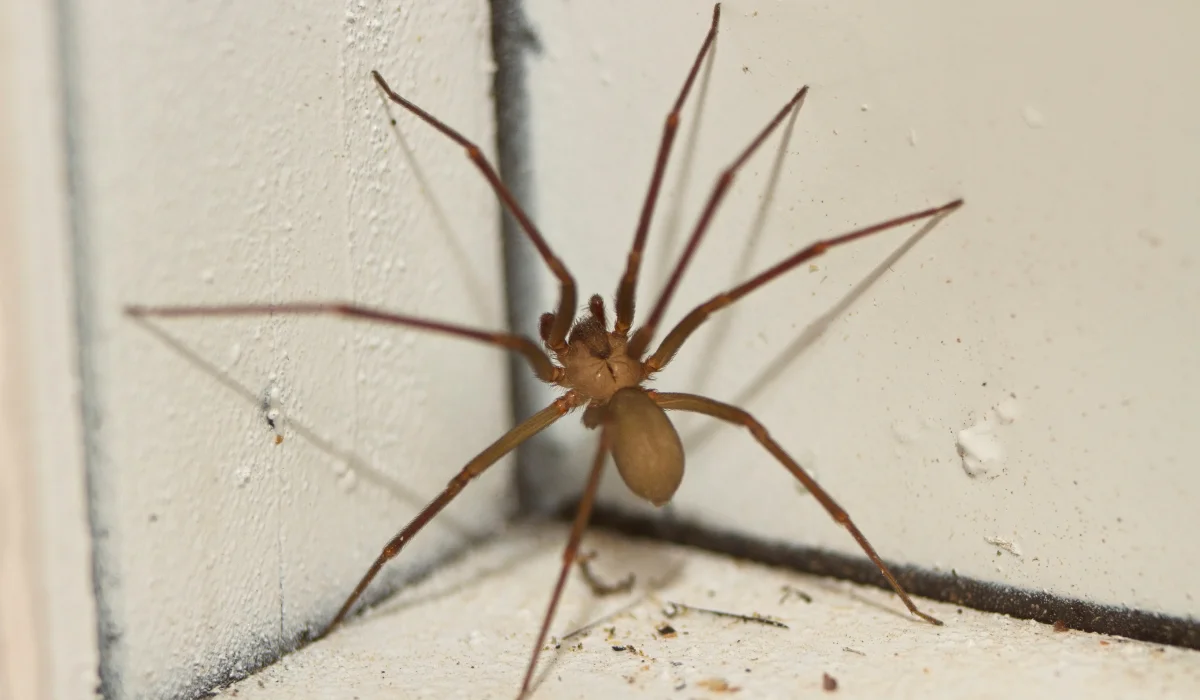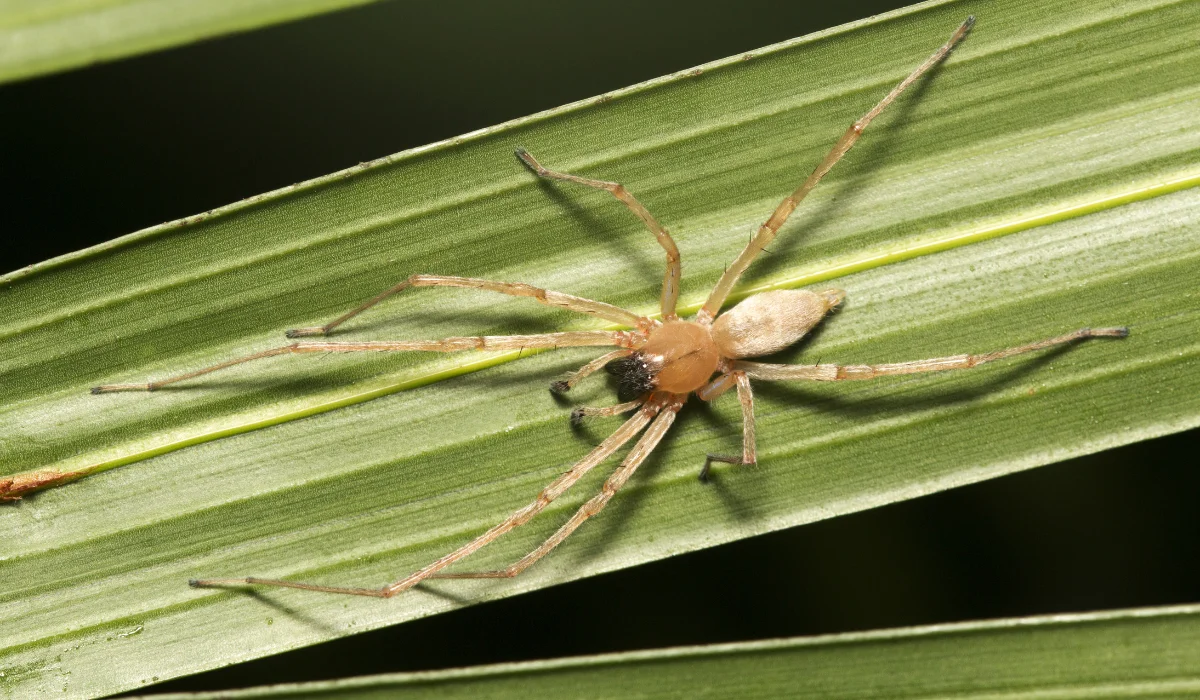How often have you wondered if your pest control efforts last as long as they should? Pest control treatments typically last between three months to a year.
With varying factors, understanding their duration becomes crucial for maintaining a pest-free home. Keep on reading to explore the longevity of different pest control solutions.
Key Takeaways
- General pest control treatments last 3 to 6 months, while specific treatments can last months to years.
- Ant, cockroach, and rodent treatments need reapplication every few months, while bed bug or termite treatments may need many visits.
- The type of pest, treatment method, infestation level, and environment affect how long treatments last.
- Regular inspections, sealing entry points, and keeping things clean help extend the effectiveness of pest control.
HOW LONG DO SPECIFIC AND GENERAL PEST CONTROL TREATMENTS LAST?
Specific pest control treatments can last from several months to a few years. In contrast, general pest control treatments typically last about 3 to 6 months.
The longevity of both depends on factors like the type of pest, treatment method, and environmental conditions.
Ant Treatments
Ant treatments typically last from a few weeks to a few months. This depends on the product used and the infestation’s severity. Gel baits are commonly applied in areas where ants are active.
Regular maintenance every few months is suggested for continued protection.
Bed Bug Treatments
Bed bug treatments usually involve many treatments over several weeks. Success depends largely on the thoroughness of each application.
Initial treatments often involve sprays or heat treatments that target all life stages. Follow-up visits are important to address eggs that may have hatched since the initial treatment.
Termite Treatments
Termite treatments can last for several years, depending on the method. Liquid treatments usually offer a barrier around the home, effective for five years or more.
Baits take several months to become effective but are ideal for continuous management. Fumigation may be used for severe infestations.
Rodent Control
Rodent control varies greatly. Access to food and treatment types can influence it. Treatments can last several months but need an integrated approach.
This usually involves traps, bait stations, and sealing entry points. Professional services can offer advice and a schedule for maintenance to prolong effectiveness.
Cockroach Treatments
Cockroach treatments can remain effective for as long as six months. This result may depend on the severity of the infestation and the type of product used.
Gel baits and sprays are common approaches. Periodic reapplication, usually every three months, might be necessary in heavily affected areas.
4 FACTORS THAT AFFECT HOW LONG PEST CONTROL TREATMENTS LAST
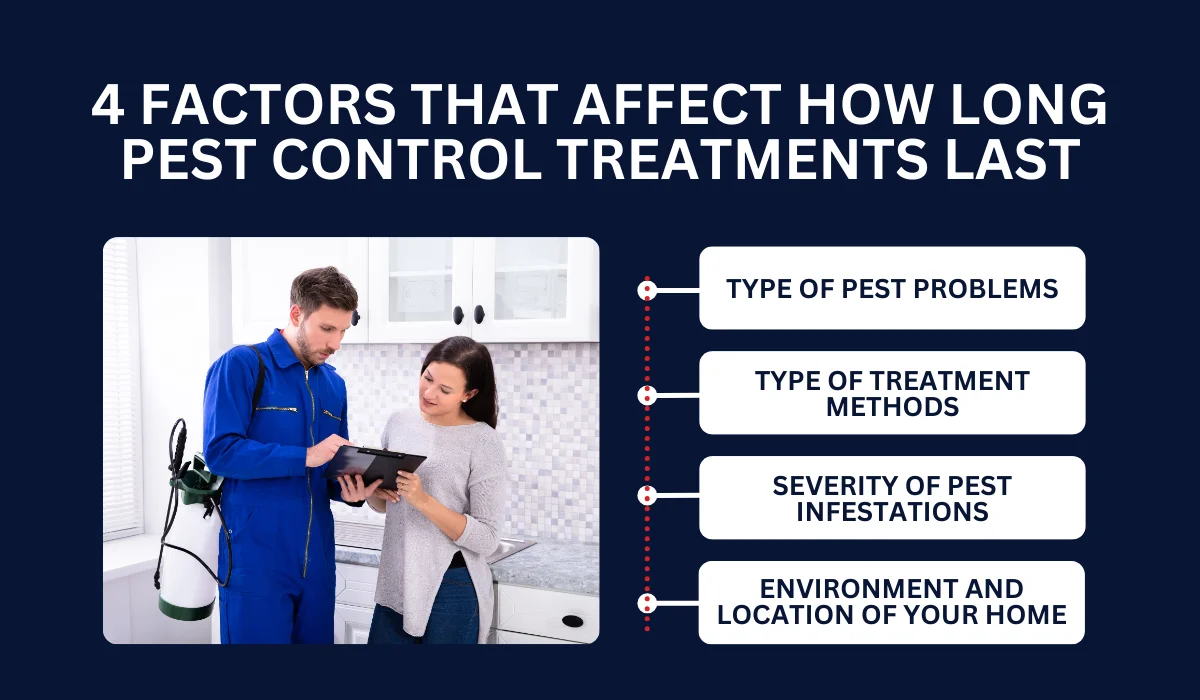
1. Type of Pest Problems
Different pests can influence how long a treatment lasts. For instance, roaches and fleas often need many visits for complete eradication. In contrast, wasps might be eliminated in a single visit.
Common pests like earwigs and silverfish may swiftly return without regular upkeep. The persistence of carpenter ants can also test the durability of treatments, demanding sustained attention.
2. Type of Treatment Methods
The method chosen for pest control can affect the amount of time they’re effective. Products like pest control sprays may provide immediate results. Yet, they might need reapplication after a few months.
Bait stations can offer longer-lasting effects by targeting pests over time. Using organic or natural methods may only last for a short time unless continuously maintained. This requires tailored solutions for long-term success.
3. Severity of Pest Infestations
The level of infestation significantly influences treatment longevity. A severe invasion might need more intensive and frequent treatments. This scenario could extend the time frame for noticeable results.
With minor infestations, a single or less frequent application might suffice. But, pests can still multiply swiftly, especially under favorable conditions. Thus, early intervention can lead to better outcomes.
4. Environment and Location of Your Home
Environmental conditions and the home’s location can also affect treatment duration. Homes in humid areas may experience more pest activity, such as fleas and silverfish. Weather conditions, like heavy rainfall, may wash away outdoor sprays.
Proximity to natural habitats like forests or water bodies can invite more pests. This circumstance requires routine pest management. Urban settings might see different pests thriving in confined spaces.
HOW TO EXTEND THE EFFECTIVENESS OF PEST CONTROL
Keeping a home pest-free involves more than hiring professionals now and then. Preventive measures can make a huge difference in securing peace of mind.
As homeowners, consider these easy-to-implement ideas can extend the effectiveness of integrated pest management:
- Block entry points like cracks and crevices to stop pests from coming in.
- Keep food in airtight containers to prevent attracting pests.
- Maintain cleanliness by regularly sweeping and vacuuming.
- Regularly check for signs of pest activity and address any issues immediately.
- Repair leaking pipes and faucets to remove water sources.
- Keep shrubs and trees trimmed to reduce pest habitats close to the house.
Professional pest control services also bring knowledge and tools that DIY methods might lack. Here’s what you must do:
- Book routine inspections with pest control experts.
- Follow the guidelines and suggestions provided by the technicians.
- Use recommended pest control products for ongoing protection.
SCHEDULE YOUR NEXT PEST MANAGEMENT SERVICE
With various factors involved, knowing when you need pest control becomes challenging. If pests like ants or wasps return a few weeks after treatment, schedule a follow-up with your pest control company sooner than planned.
Whether you’re in Baton Rouge or New Orleans, seeking expert help should be easy. For immediate intervention for a severe infestation, let Lajaunie’s pest control technicians tailor a solution that’s right for your home.
For more information about our services, visit our service page.
 By: LaJaunie's Pest Control
By: LaJaunie's Pest Control 